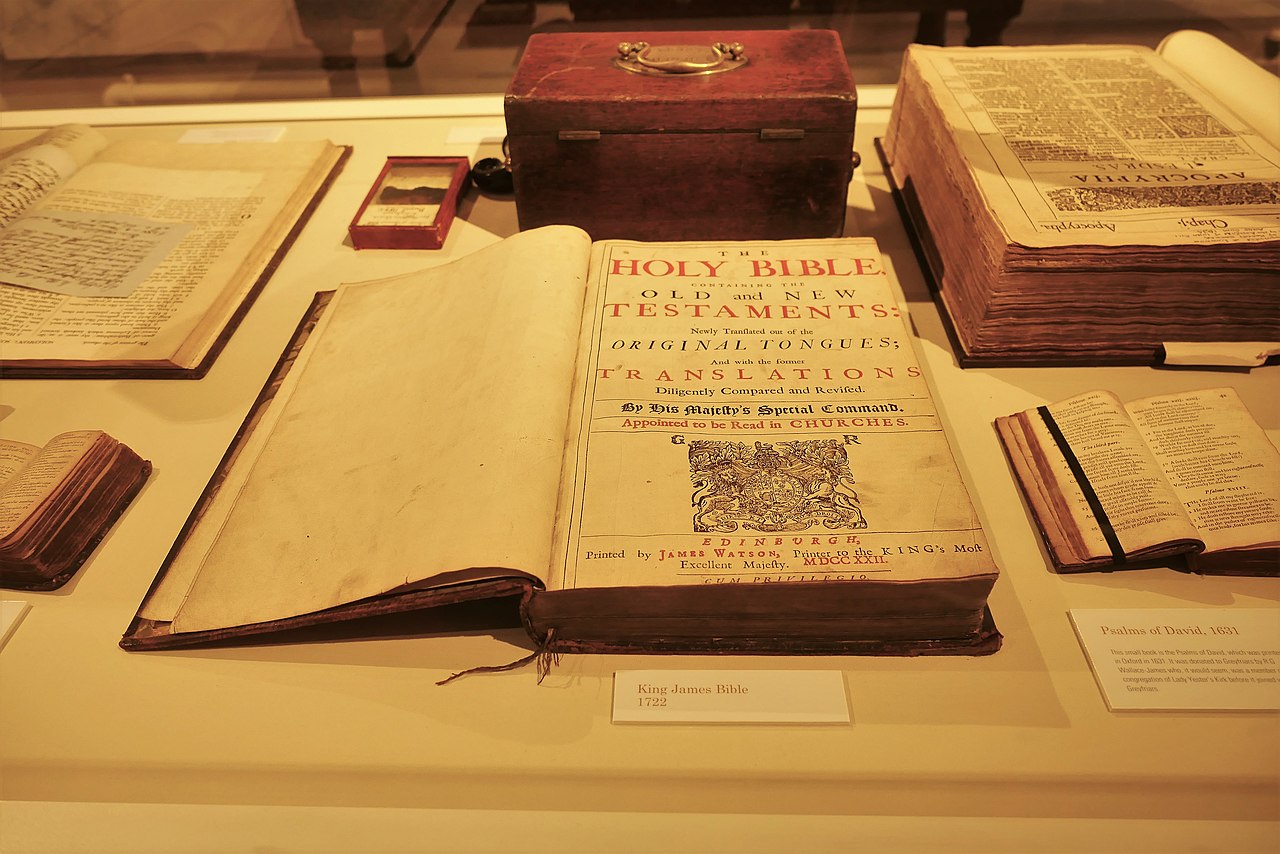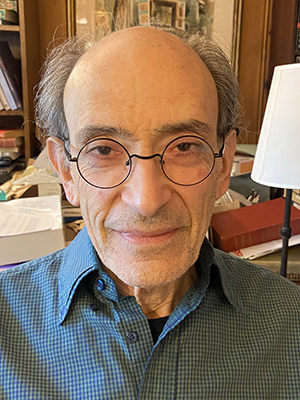HUMS 380, The Bible as a Literature

Course Description:
I believe that the most important thing to know about the content of this course is represented by the “a” in the course title: this is a study of a group of texts, written by different people over many centuries. Some of these authors are found in different books of the various collections referred to as the Bible; some are found collected together in one of the biblical books. These different authors have some very different ideas about God, about evil, about what one should or can do with one’s life. Some of these authors know about and attempt to do homage to or to assert their difference from their predecessors.
There is a different subject, also a fascinating one, but I believe one more appropriately studied in a church than in a university. That subject might be called “The Bible as Literature,” or more specifically, “The Bible as a Work of Literature.” This is a study of how it is some people have come to regard the works of different biblical authors as though they were all the products of one mind. An analogy might be imagining that Jean Rhys’s Wide Sargasso Sea and Charlotte Bronte’s Jane Eyre were written by the same person, or that Tom Stoppard and William Shakespeare were manifestations of a single genius thinking alike about love, about ethics, about politics.
Led by:
 |
Professor Leslie BrismanProfessor Brisman’s interests include Spenser, Shakespeare, Milton, Blake, Wordsworth, Shelley, Tennyson, Browning, Swinburne, contemporary poetry, and the Bible. His special concerns include forms of multivocality, from the different persons represented in single texts of the Bible to different “voices” one needs to distinguish in a poet such as Wordsworth. Brisman is the author of Milton’s Poetry of Choice (1973), Romantic Origins (1978), The Voice of Jacob (1990). His recent scholarship and publication is in biblical studies and Romantic poetry. |